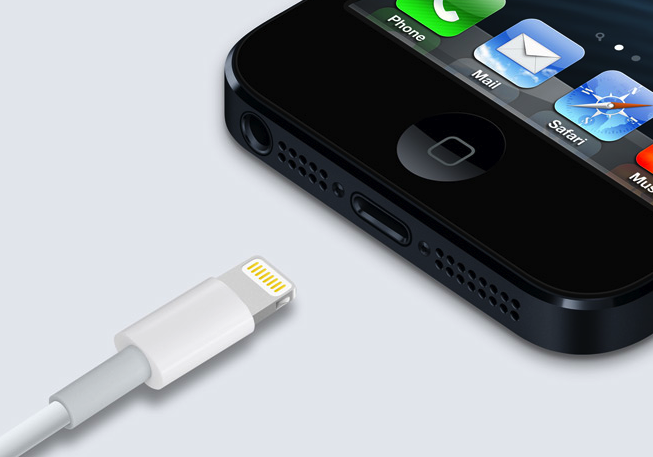Apple will be Forced to Change iPhone as Europe Adopts Common Battery Charger
Apple will be forced to fall in line with all the other smartphone manufacturers and provide a standard battery charger on its iPhone.

Currently Apple uses proprietary ports on its iPhones for transferring data and charging the battery of its iPhone but following the agreement of a provisional deal by EU on Thursday, it will be forced to change its stance as soon as 2017.
EU lawmakers agreed to the draft deal which states that all mobile phone manufacturers will need to sign up to a common standard for battery chargers which can fit any device, including smartphones.
This adoption of an industry-wide standard is something consumers have been seeking for a number of years now, but to date no such convention has been adopted.
Currently smartphone makers are free to use whatever type of battery charger they like. While there are still some who follow Apple's lead and use proprietary cables and ports, the vast majority of smartphone and tablet manufacturers now use the microUSB standard for both data transfer and charging the battery of their devices.
2017 is the earliest we will see the changes come into effect
The draft EU legislation could be voted on by the EU parliament as soon as March 2014, and if it passes this stage each member country will be given two years to transpose the legislation into national law, with manufacturers like Apple and Samsung given a further year to implement the changes, meaning 2017 is the earliest we will see the changes come into effect.
The mobile phone market is obviously a global one, so the impact of any changes made in the EU will have much wider reaching effects, as manufacturers will be reticent to produce different versions of their phones for different markets.
The draft law on radio equipment lays down harmonised rules for radio equipment, including mobile phones and modems.
EU lawmakers also agreed on tougher market supervision and to ensure certain products have to be registered before they can be put on the market, in line with a database system already in existence in the United States.
This could mean than any upcoming products from major technology companies could be leaked ahead of their release.
© Copyright IBTimes 2025. All rights reserved.






















